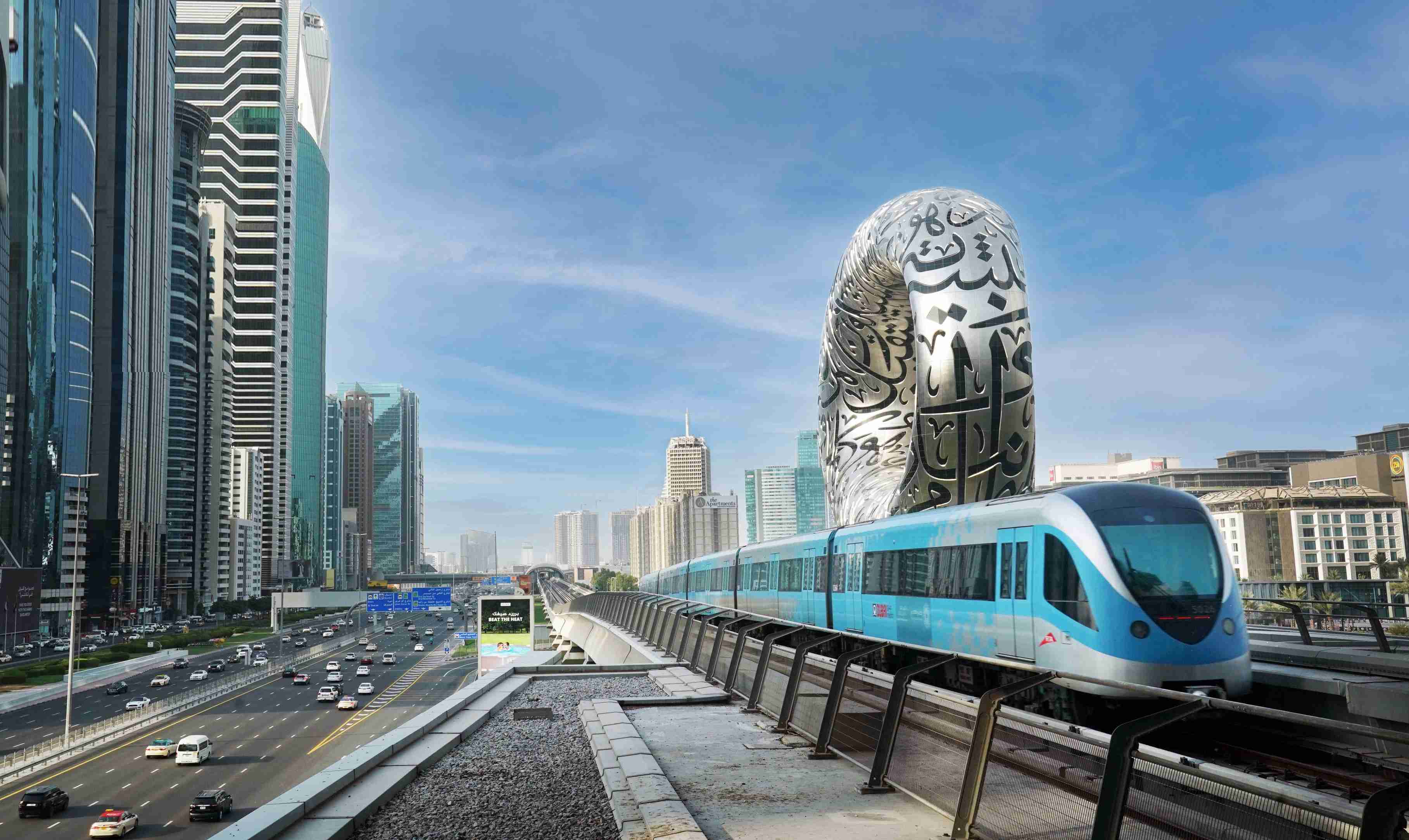Dubai, UAE – Dubai’s Roads and Transport Authority (RTA) launched ‘Zero-Emissions Public Transportation in Dubai 2050’ strategy, local media reports said.
This makes it the first Middle Eastern agency to develop a long-term strategy for migrating towards Net-Zero Emission Public Transport by 2050.
RTA aims to contribute to mitigating climate change and minimize its carbon footprint across three areas: public transportation, buildings and related facilities, and waste management.
This aligns with UAE’s preparations for COP28 and the UAE Net Zero by 2050 Strategic Initiative, and is a part of RTA’s efforts to advance sustainability maturity levels in roads and transportation.
It seeks to bolster the flexibility of public transport infrastructure and its impact on climate change in line with the UAE Net Zero by 2050 Strategic Initiative, transitioning from pledges to tangible achievements.
The primary objectives of the strategy include the decarbonization of all taxis, limousines, and public buses, designing buildings with near-zero energy consumption.
This also includes sourcing energy from renewable sources, and eliminating municipal waste by sending zero waste to landfills.
The strategy will result in reducing carbon dioxide emissions by 10 million tons and realizing financial savings worth AED3.3 billion in comparison to current operations.
RTA’s Board of Executive Directors reflected on various aspects, opportunities, and challenges associated with the new strategy and its implementation.
These include the costs of novel green technologies, the distribution of targets and their review over time.
The availability of energy technology providers, particularly for electric buses and hydrogen fuel production stations are also a part of it.
Taxis and buses
The new strategy specifies the target rates to be achieved over the upcoming years to reach net-zero emissions by 2050 in the three categories, namely: green public transportation, buildings and facilities, and waste management.
Buildings and facilities
The strategy entails retrofitting RTA’s buildings and facilities with solar cell systems. New buildings will be near zero energy, starting in 2025.
Existing streetlights will also be retrofitted so that all of them are 100 percent energy efficient, provided the application continues on all new projects.
Waste management
Regarding waste management, programs will be implemented to reuse and recycle 100 percent of municipal waste by 2030.
This achieves the goal of zero municipal waste to landfills, as well as increasing the use of recycled water in RTA’s buildings and facilities to 40 percent by 2050.








